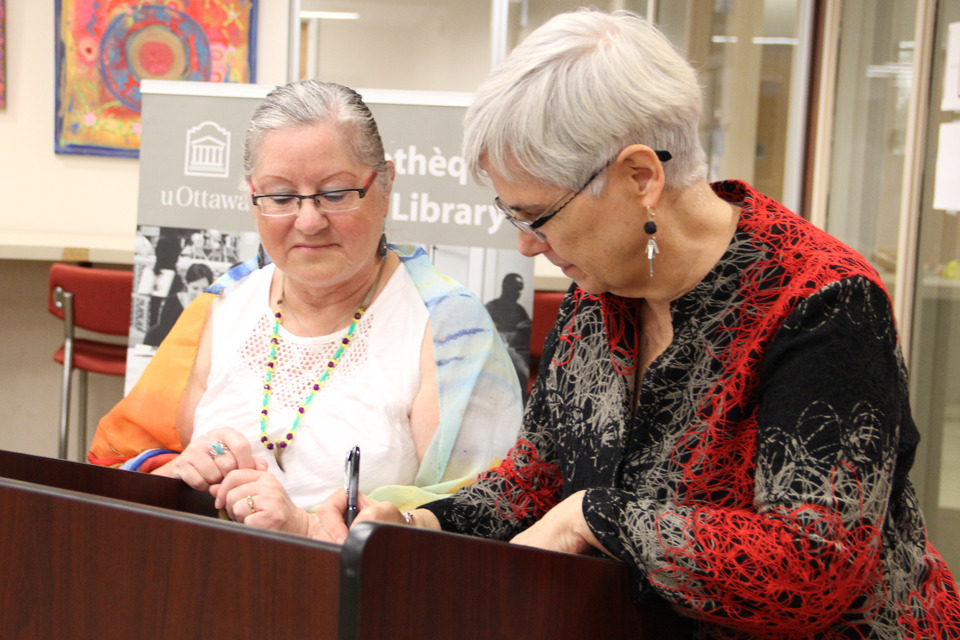When the National Aboriginal Health Organization (NAHO) lost its funding and was forced to close in 2012, it sat on a goldmine of health research spanning over 10 years. Rather than allowing this research to be lost, the uOttawa Library and University of Ottawa Faculty of Medicine’s Indigenous Program stepped in and began a long-term archival process. That process will end this December when the NAHO website will be shut down and archived.
“Preserving information is a core value for the Library,” said Leslie Weir, University Librarian at uOttawa. “We are delighted to be working with NAHO and the Faculty of Medicine’s Indigenous Program to preserve this website that is of national value for the University, the Indigenous community, researchers, historians, and the public.”
NAHO was a not-for profit, knowledge-based organization with the mandate of advancing the health and well-being of First Nations, Métis and Inuit people in Canada. When it closed in 2012, the organization held over $60-million-worth of knowledge-based research, including thousands of documents on its official website.
In order to maintain public access to these intellectual holdings, the Faculty of Medicine’s Indigenous Program and the Health Sciences Library began archiving NAHO’s research collection in 2013. The research materials were uploaded to the University of Ottawa’s institutional repository, uOResearch.
“We felt it was very important to facilitate the continuity of NAHO's knowledge database in partnership with the University of Ottawa Library so that all learners can benefit and generate new Indigenous-related knowledge in health and social issues,” said Dr. Darlene Kitty, Program Director of the MD Indigenous Program.
The next important phase in preserving this information will take place this December, when the University of Ottawa Library will archive NAHO’s website. The library acquired an institutional subscription for a web archiving software, Archive-IT, which was identified as an ideal solution to preserve NAHO’s online content in perpetuity.
Simon Brascoupé, NAHO’s former Chief Executive Officer and Judy Hughes, former Chairperson of the NAHO Board of Directors, agree that the Indigenous health information contained in the reports, databases, journals and video footage available on the NAHO website are still valid and relevant today.
“When you actually read the material, you find how insightful and forward-thinking the organization was, not only the staff but people who wrote materials for NAHO,” said Brascoupé. “I’d like to give my personal thanks to the University of Ottawa Library for having the foresight to figure this out.”


